We’ve added this resource page due to popular demand!
Here is a non-exhaustive list of links where you can source cages, toys, perches, supplements, and other essential items for your parrots.
Important Disclaimer: Read before proceeding!
The links on this page are provided for reference and convenience only. We do not endorse or guarantee the vendors or products listed unless explicitly stated. We also do not benefit in any way by listing these vendors and products. While we strive to ensure the information is accurate and up to date, we cannot take responsibility for any issues, including product quality, delivery, or harm caused to you or your parrots. Listings may change or be removed without our awareness – in such a case, please drop us a message to notify us and we will make changes accordingly at an opportune moment.
By continuing, you acknowledge that PSS is not liable for any defective or misrepresented products or any resulting harm. Please proceed with discretion.
Cages
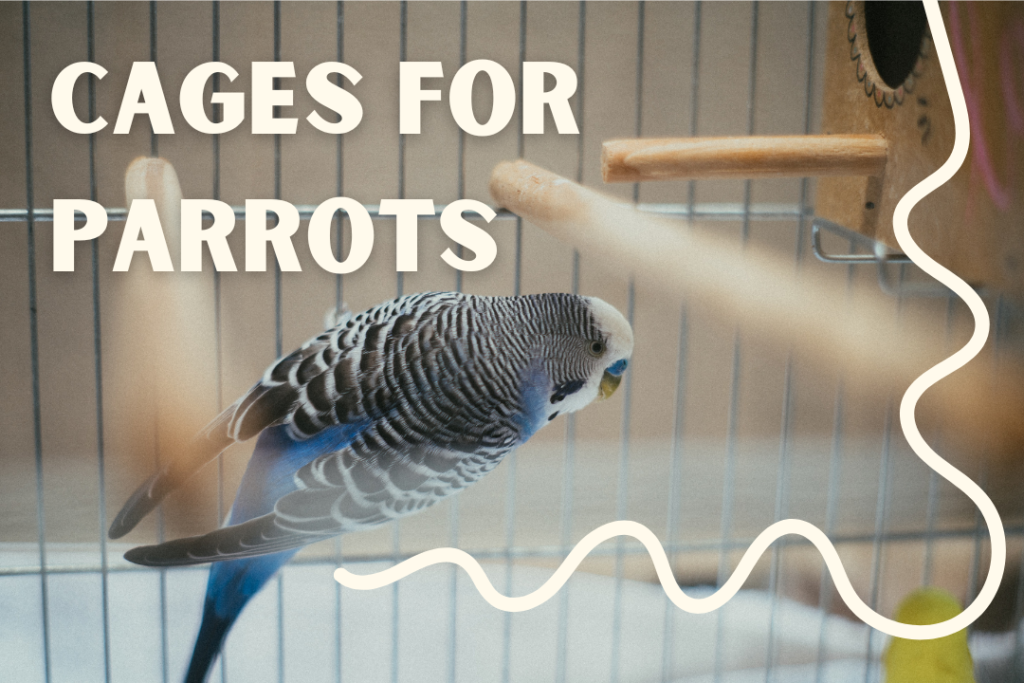
Before buying a cage for your parrot, take note of the following guidelines:
- The material of the cage and strength of the bars need to be appropriate for the species (e.g. large birds should not be given cages with thin bars)
- Do not use cages that contain zinc, copper, chrome, galvanized metals as they are toxic to birds. Suitable materials include stainless steel, wrought iron, aluminium, and acrylic.
- As a rule of thumb, the larger the cage, the better! However, most large cages have wider bar spacings. Ensure that the bar spacings are appropriate for your parrot by referring here: https://centerforanimalrehab.org/guidelines-for-cage-size-and-bar-spacing/
- Round cages are not encouraged, as most of those available on the market are often too small or have converging gaps where birds’ toes can get trapped
- Wide cages are better than tall cages! Parrots are horizontal movers. In the wild, they travel laterally across branches and trees rather than up and down. A wide cage allows them to move more freely and naturally, and allows for more varied placement of toys and perches without overcrowding
Here are some links where you can purchase cages:
For small-medium parrots:
- Taobao link 1 | Taobao link 2 | Taobao link 3 | Taobao link 4 | Taobao link 5 | Taobao link 6
- Shopee link 1 | Shopee link 2 | Shopee link 3 | Shopee link 4 | Shopee link 5 | Shopee link 6 | Shopee link 7
- Amazon link 1 | Amazon link 2 | Amazon link 3
- Aliexpress link 1 | Aliexpress link 2 | Aliexpress link 3 | Aliexpress link 4 | Aliexpress link 5 | Aliexpress link 6
For large parrots:
- Taobao link 1 | Taobao link 2 | Taobao link 3
- Shopee link 1 | Shopee link 2 | Shopee link 3
- Aliexpress link 1 | Aliexpress link 2 | Aliexpress link 3
Travel Carriers
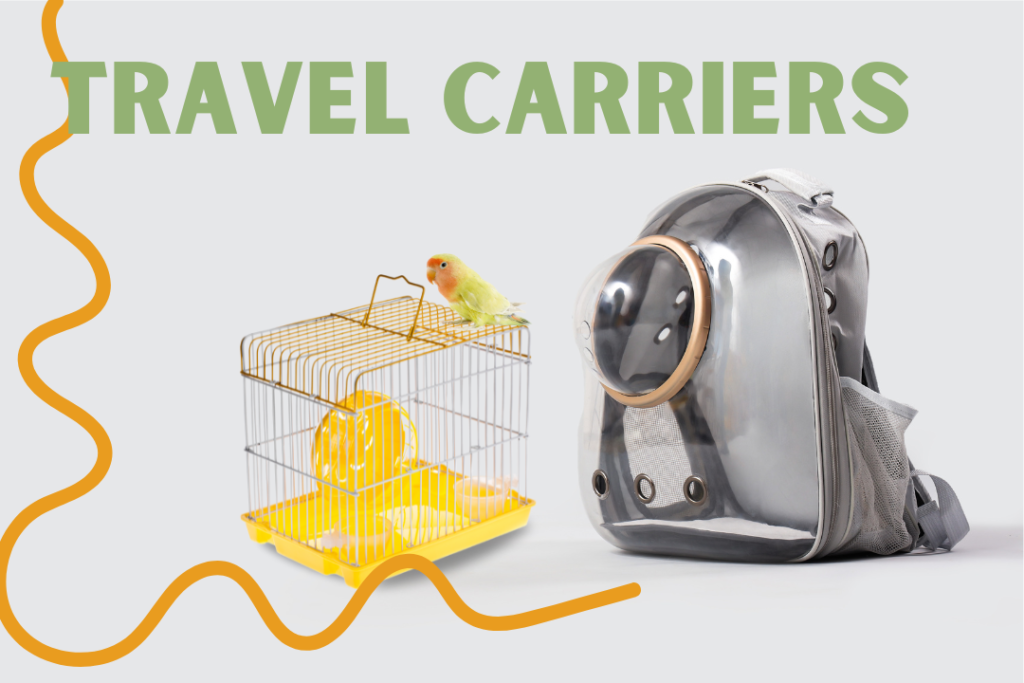
Travel carriers are essential for every parrot owner! Whether it is for bringing your bird for an outing, to the vet, or for emergency uses, a suitable-sized carrier will be required.
- Do note that if your parrot is particularly destructive, certain carriers may not be suitable
- When using carriers that have less ventilation than others, ensure that your bird is not placed in excessively warm areas (e.g. under direct sunlight) as such carriers may get overheated inside
Here are some links where you can purchase travel carriers:
For small-medium parrots:
- Taobao link 1 | Taobao link 2 | Taobao link 3
- Shopee link 1 | Shopee link 2 | Shopee link 3
- Amazon link 1 | Amazon link 2 | Amazon link 3 | Amazon link 4
- Aliexpress link 1 | Aliexpress link 2 | Aliexpress link 3
For large parrots – note: limited carrier options for large cockatoos and macaws, use harnesses for such species instead
- Caitec large carrier (can be used by some macaws) (Taobao)
- Caitec large carrier (Caitec website)
- Harness, various sizes (Taobao)
- Harness, various sizes (Birdsprees)
- Taobao link up to Amazon parrot size)
- Shopee link 1 | Shopee link 2 | Shopee link 3 (up to Amazon parrot size)
- Amazon link 1 | Amazon link 2 | Amazon link 3 (up to Amazon parrot size)
- Aliexpress link 1 | Aliexpress link 2 | Aliexpress link 3 (up to Amazon parrot size)
- Birdsprees
Perches
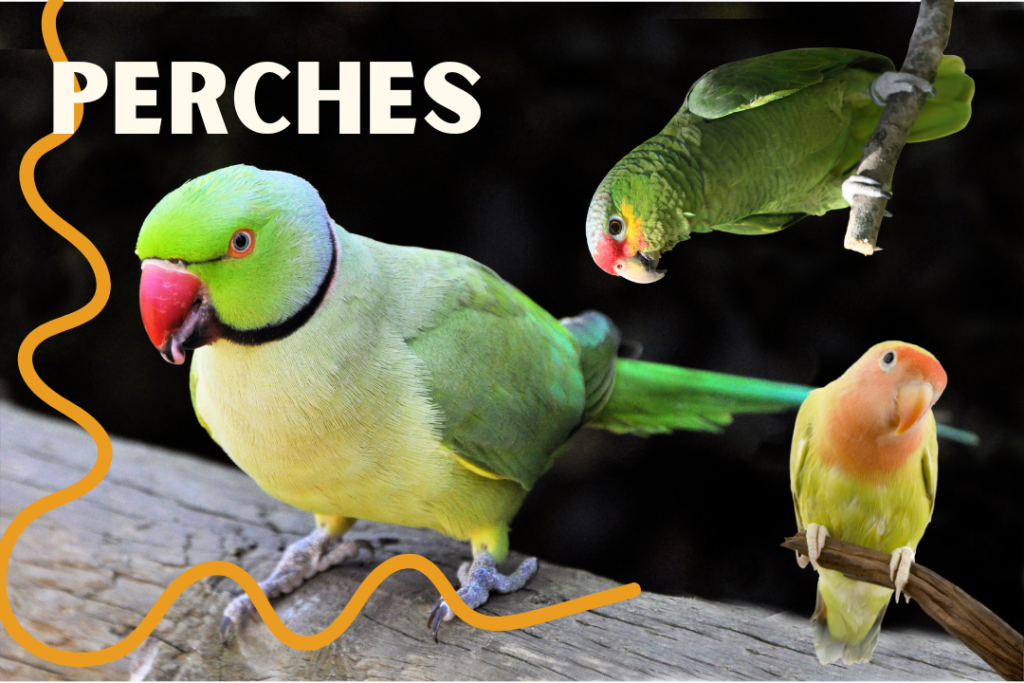
Parrots need a variety of perches for good foot health, natural grooming of nails, and comfort when resting in the cage. Here are some guidelines regarding perches:
- Choose natural, uncoated materials such as wood, cork, cardboard, or jute
- Check out safe woods here (note that this list is non-exhaustive): https://www.aav.org/blogpost/1778905/326613/Bird-safe-Wood
- While smooth dowel perches, plastic perches, sand perches, cement perches, and metal perches may be provided for variety, they should be used sparingly and not as the main perches where the parrot spends most of their time on
- Perches containing cotton, threads, yarn, fabric or fur should be avoided, to eliminate the risk of entanglement or crop impaction if your bird chews/ingests these materials
- Perches should be of varying widths and positioned at varying heights and locations in the cage
- When purchasing perches made of natural materials, check for chemical smells, coatings, or mould before giving them to your birds
As perch listings may vary, please verify the dimensions and suitability for your parrot species before purchasing. Here are some links where you can purchase perches:
For small-medium parrots:
- Taobao link 1 | Taobao link 2 | Taobao link 3 | Taobao link 4 | Taobao link 5 | Taobao link 6 | Taobao link 7 | Taobao link 8 | Taobao link 9 | Taobao link 10 | Taobao link 11 |
- Shopee link 1 | Shopee link 2 | Shopee link 3 | Shopee link 4 | Shopee link 5 | Shopee link 6 | Shopee link 7 | Shopee link 8 | Shopee link 9
- Amazon link 1 | Amazon link 2 | Amazon link 3
- Aliexpress link 1 | Aliexpress link 2 | Aliexpress link 3
- Birdsprees
For large parrots:
- Taobao link 1 | Taobao link 2 | Taobao link 3 | Taobao link 4 | Taobao link 5
- Shopee link 1 | Shopee link 2 | Shopee link 3
- Amazon link 1 | Amazon link 2
- Aliexpress link
Toys & Enrichment
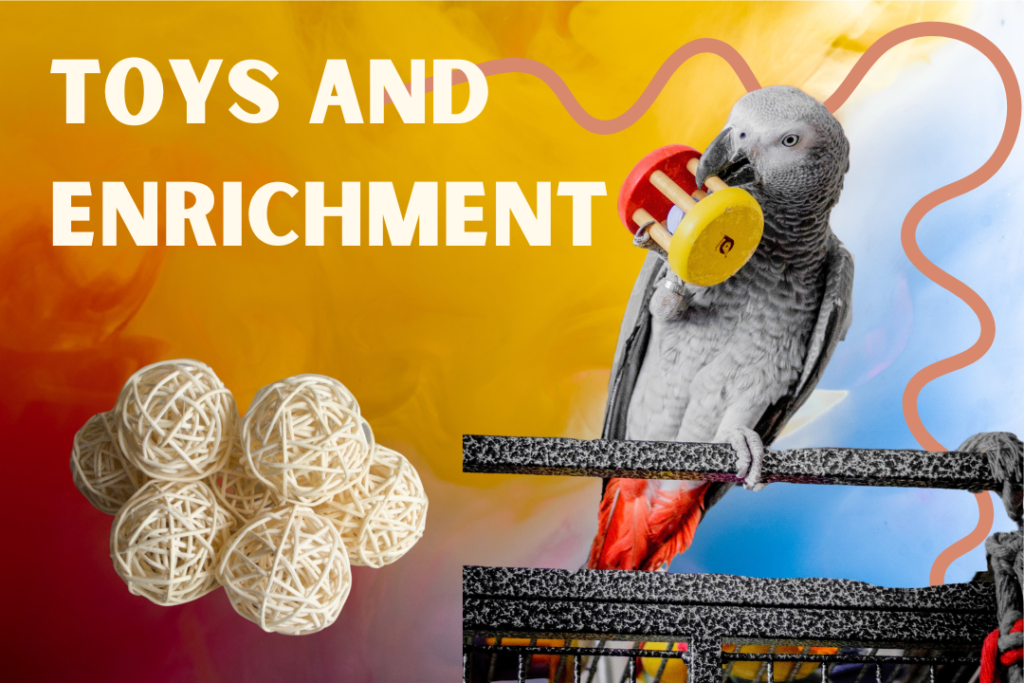
Enrichment and foraging are essential to a parrot’s well-being because they cater to their natural instincts, mental health, and physical fitness.
- Foraging mimics parrots’ natural behaviours, as they spend a significant portion of the day searching for food in the wild
- Enrichment prevents boredom and stress, especially for parrots which are highly intelligent creatures!
- It encourages physical activity where parrots can move around in their cage all day
- It may reduce negative behaviours such as screaming or chewing on inappropriate items
By incorporating enrichment and foraging into a parrot’s daily routine, you’re addressing their physical, mental, and emotional needs, ensuring they live a happier, healthier, and more fulfilling life.
Here are some links where you can purchase toys, toy parts and enrichment items. Please check for safety before purchasing them:
- Taobao link 1 | Taobao link 2 | Taobao link 3 | Taobao link 4 | Taobao link 5 | Taobao link 6 | Taobao link 7
- Shopee link 1 | Shopee link 2 | Shopee link 3 | Shopee link 4 | Shopee link 5
- Birdsprees
- The Drunk Birds
Other useful items:
- Hooks for hanging of toys: http://e.tb.cn/h.TeUpIn1wABaGF0P?tk=LruU3E4JVfs
- Slow feeder foraging toy: Taobao link 1 | Taobao link 2 | Taobao link 3
- Seagrass rope (Taobao)
- Jute rope (Taobao) – note that some jute ropes are treated with petrochemicals – can be detected by smell. Do not use such ropes for your parrots.
Pellets
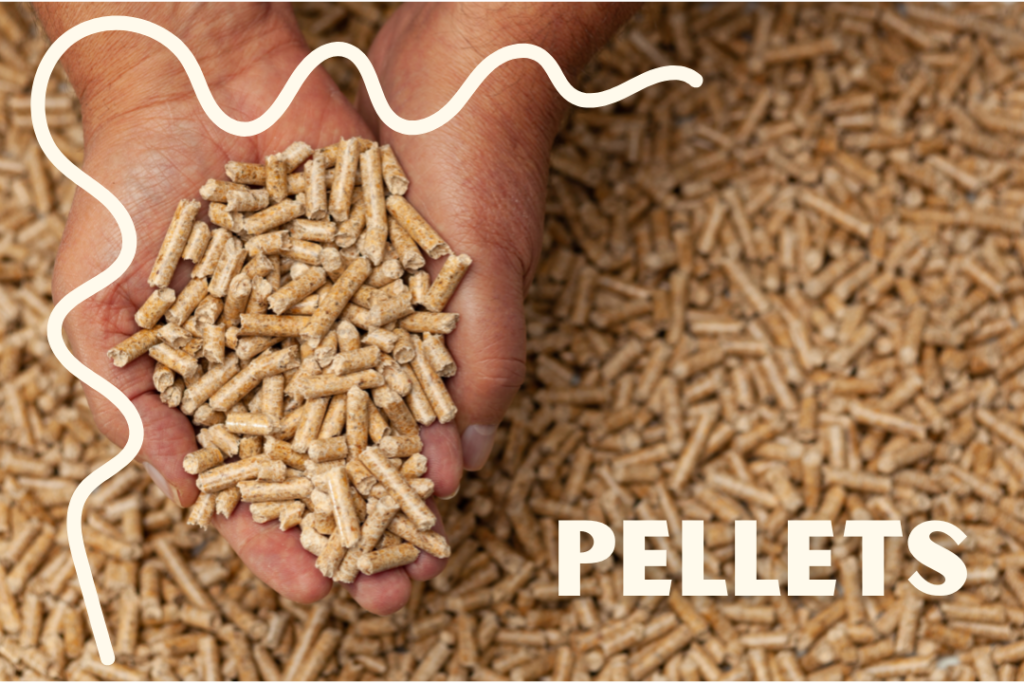
Pellets are important for parrots because they provide a balanced and nutritionally complete diet, helping to meet their dietary needs in captivity. It is important to choose a reputable pellet brand that is trustworthy.
- Well-formulated pellets provide the right mix of vitamins, minerals, proteins, fats, and carbohydrates that parrots need, avoiding deficiencies
- Parrots are notorious for picking their favorite seeds or foods from a mix, which can lead to an imbalanced diet. Pellets prevent this by offering a uniform food source, ensuring they consume all the nutrients they need
- Pellets simplify feeding because they eliminate the guesswork of balancing a parrot’s diet. They also have a longer shelf life compared to fresh foods, making them easy to store and use
- Transitioning a parrot to pellets often reduces their preference for unhealthy, high-fat seeds
- However, do note that pellets should not be the sole food source; parrots also need fresh fruits, vegetables, and occasional seeds or nuts
At Parrot Society (Singapore), we recommend the following brands of pellets that are readily available across Singapore (both online and in offline stores):
- Roudybush (most parrots can use the Daily Maintenance range)
- Totally Organic Pellets (TOPs)
- Harrison’s
Fruits and Vegetables
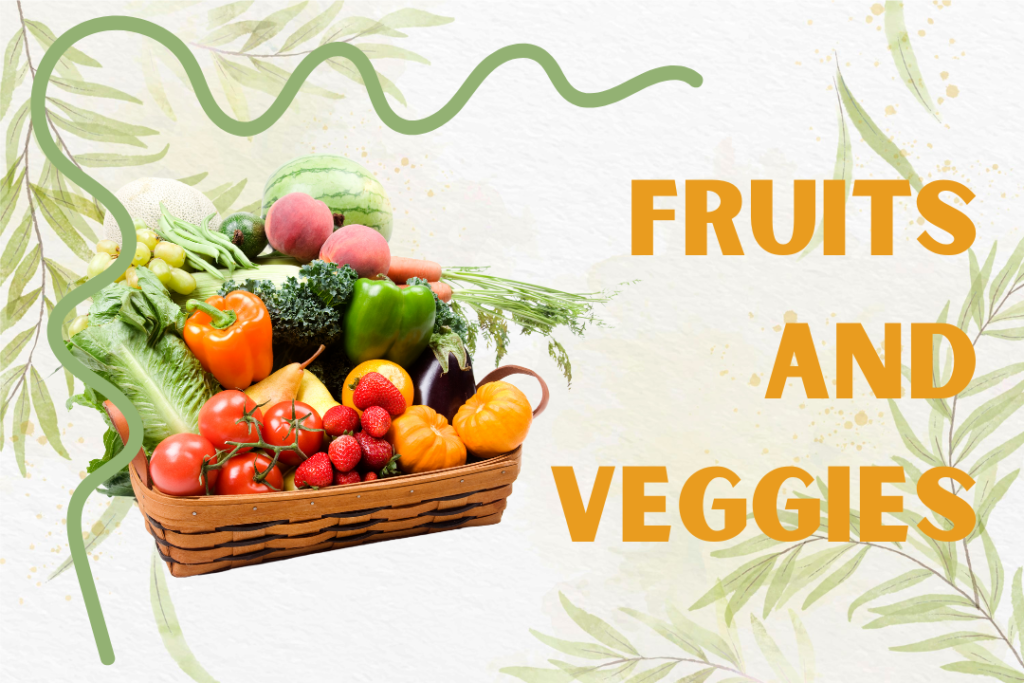
For a list of safe fruits and vegetables, refer to our resources: https://parrotsocietysg.org/resources/diet/. In Singapore, supermarkets and wet markets offer a wide range of fruits and vegetables that you can offer to your parrots – there should not be any shortage of options!
Apart from fresh produce, it is getting trendy to offer freeze-dried fruits and vegetables to our feathered friends, and there are some benefits to do so, such as:
- Freeze-drying preserves most of the vitamins, minerals, and antioxidants found in fresh fruits and vegetables, offering a nutritious diet for parrots.
- Unlike fresh produce, freeze-dried options have a longer shelf life, reducing waste and making them convenient for storage and travel.
- They are lightweight and easy to serve, with no need for preparation, making them ideal for busy owners.
- Freeze-dried foods are typically crunchy, which many parrots enjoy, and the texture can help keep them engaged during mealtime.
- Offering freeze-dried fruits and vegetables adds variety to a parrot’s diet, helping to prevent boredom and encouraging healthy eating habits.
- Freeze-drying removes moisture, reducing the risk of mold or spoilage compared to fresh or dehydrated foods.
When purchasing freeze-dried fruits and vegetables, be vigilant of the following:
- Ensure that the freeze-dried fruits and vegetables contain no added sugar, salt, preservatives, or artificial flavors, as these can be harmful to parrots.
- Be cautious of purchasing repacked foods – repacking may expose the products to allergens or contaminants if proper hygiene and safety protocols are not followed.
- Repacking might compromise the integrity of the freeze-dried items, such as causing them to absorb moisture and lose their crispness.
- Freeze-dried items should be packed or stored in sealed, airtight packaging to prevent exposure to moisture, as moisture can lead to spoilage.
Here are some links where you can purchase freeze-dried fruits and vegetables. Do check if the specific contents are suitable for parrots before purchasing:
- Taobao link 1 | Taobao link 2 | Taobao link 3
- Shopee link 1 | Shopee link 2 | Shopee link 3
- Aliexpress
- Fatpouches
Other Foods
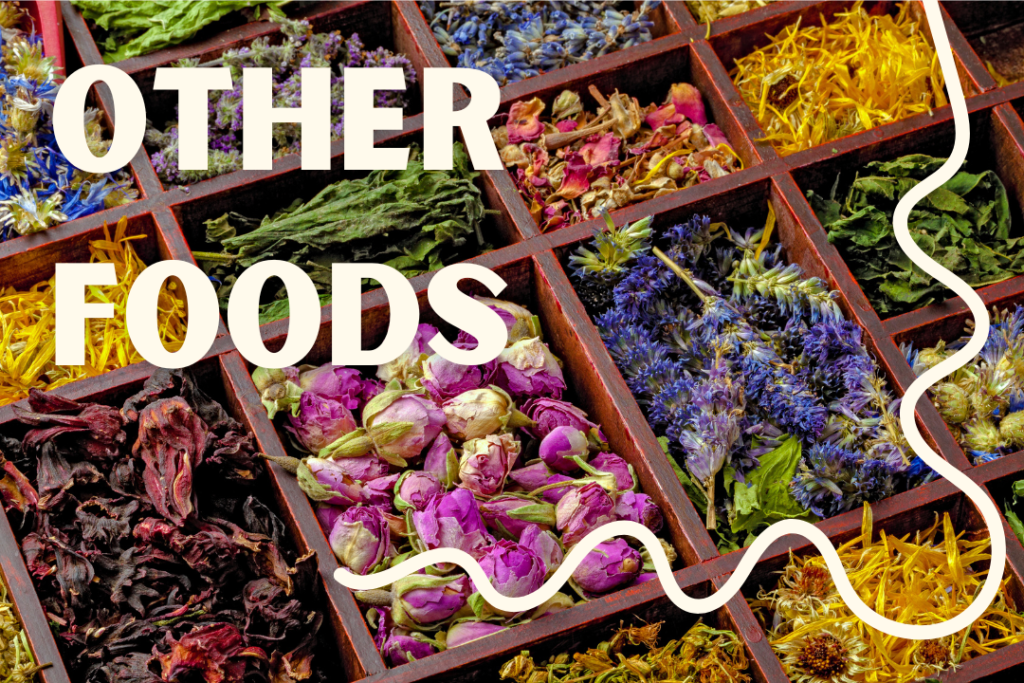
Flower teas – check if the specific type is safe and non-caffeinated (Taobao) | Flowers (Fatpouches) | Pine cones with edible pine nuts (Taobao) | Rolled black oats (Taobao) | Rolled quinoa (Taobao) | Rolled wheat (Taobao) | Milk thistle seeds (Taobao) | Milk thistle seeds (iHerb) | Foraging bouquet – Flax (Taobao) | Foraging bouquet – Proso millet (Taobao) | Foraging bouquet – Wheat stalks (Taobao) | Foraging bouquet – Rice stalks (Taobao)
Special Diets
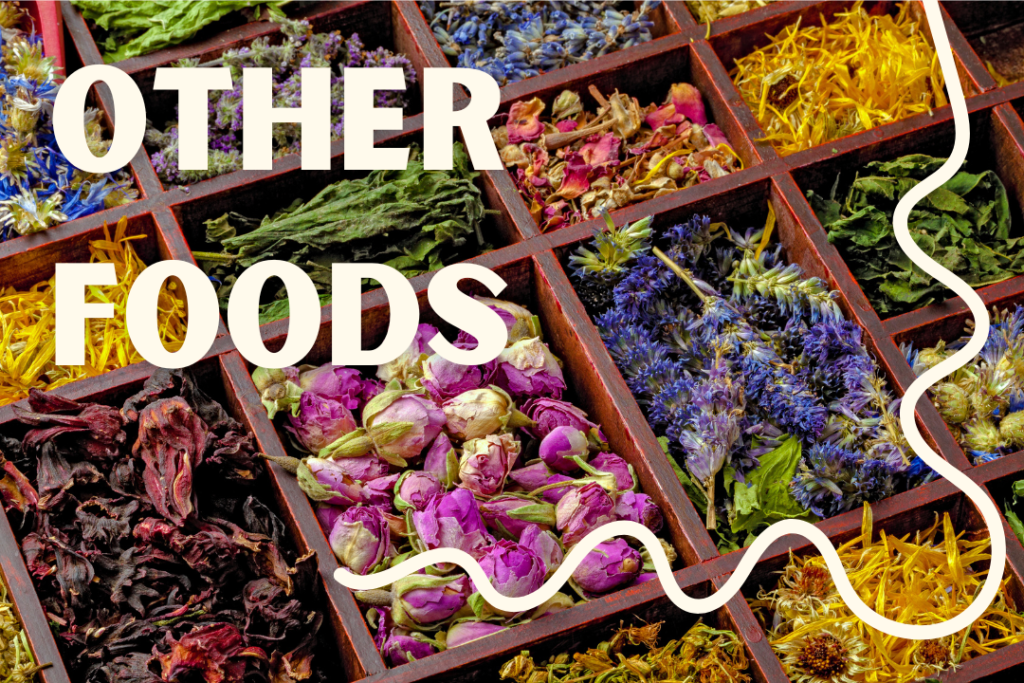
Lories and lorikeets
Lories and lorikeets have specialized dietary needs that reflect their natural feeding habits in the wild. These parrots primarily feed on nectar, pollen, fruits, and flowers, and their diet must be tailored to provide the necessary nutrients.
Key Components of a Lory and Lorikeet Diet:
- Nectar: A commercial nectar mix specifically formulated for lories and lorikeets is essential. It can be prepared as a liquid or a wet mix, depending on their preference. There are also nectar pellets available for these birds. Shopee 1 | Shopee 2 | Amazon | Birdsprees
- Fresh Fruits: Offer a variety of soft, ripe fruits like apples, pears, melons, berries, and grapes. Avoid citrus in large quantities due to acidity.
- Vegetables: Include leafy greens, carrots, and other vegetables for additional vitamins and fiber.
- Pollen and Blossoms: Fresh, untreated flowers like hibiscus or bottlebrush can mimic their natural diet. Ensure that it is free of pesticides and chemicals.
- Occasional Treats: Small amounts of seeds or nuts can be offered occasionally but should not make up the bulk of their diet.
- What to Avoid: foods high in fat, salt, or sugar, and do not feed them dry seeds or pellets designed for other parrots, as these are not suitable for their digestive systems.
- Regular cleaning of feeding dishes is necessary to prevent bacterial growth in wet foods.
Eclectus parrots
Eclectus parrots have unique dietary requirements compared to other parrots due to their long digestive tracts, which are adapted for a fiber-rich, low-fat diet. Their diet should primarily consist of fresh, natural foods, ideally organic, to mimic what they eat in the wild.
Key Components of an Eclectus Parrot Diet:
- Fresh Fruits: Provide a variety of fruits such as apples, pears, melons, mangoes, papayas, pomegranates, and berries.
- Fresh Vegetables: Dark, leafy greens (e.g. kale, spinach, and bok choy) and brightly colored vegetables (e.g. carrots, sweet potatoes, bell peppers, and squash) are essential. Fresh fruits and vegetables should make up the majority of the diet.
- Sprouted Seeds and Legumes: Sprouts like mung beans, chickpeas, and lentils are excellent for providing protein and nutrients.
- Whole Grains: Cooked quinoa, brown rice, and oats can be included in moderation.
- Nuts and Seeds: Offer these sparingly as treats, as they are high in fat. Almonds, walnuts, and sunflower seeds are good options in small amounts.
- Flowers: Safe, untreated flowers like hibiscus, nasturtiums, and dandelions can be a nutritious and engaging addition.
- Pellets: If pellets are to be given, favor organic ones like TOPs.
Baby or juvenile parrots
Please see article here: https://parrotsocietysg.org/resources/diets-of-baby-and-juvenile-parrots/
Health & Supplements
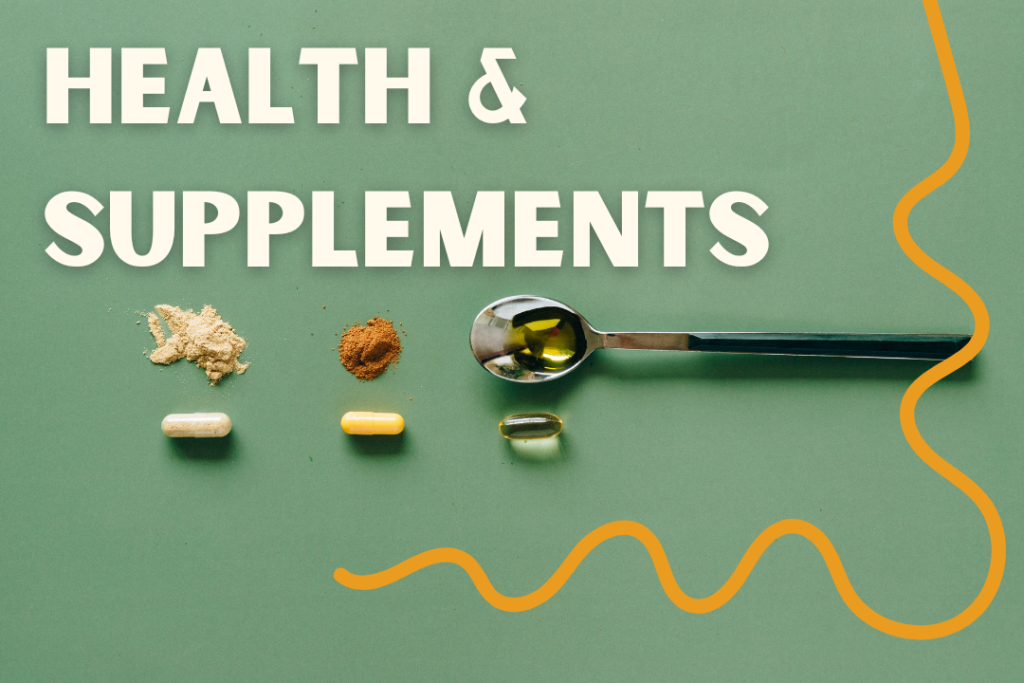
Health supplements are essential for maintaining the well-being of parrots, as they can provide vital nutrients and protection against common issues such as mites, parasites, and nutritional deficiencies. Products like de-miting sprays, anti-parasitic treatments, and multivitamins play a key role in ensuring your parrot stays healthy and well-nurtured.
However, it’s crucial to purchase supplements only from verified and reputable brands. Avoid products with unclear labeling, missing contact details, or those from companies that are difficult to verify. Repacked supplements should also be avoided, as there’s no guarantee of authenticity, proper storage, or accurate dosage instructions.
While high-quality supplements can be expensive, investing in original, trusted products is worth it for the safety and health of your parrots. Cutting corners can lead to ineffective treatments or even harmful effects on your bird’s health.
Validate source and pricing first before purchasing: Amazon | Shopee (Vetafarm) | Shopee (Nekton) | Birdsprees
Important Notes:
- For reputable brand names like F10 Veterinary Disinfectant and Vetafarm products, there are official distributors and suppliers available in Singapore to our current knowledge – do shop locally and avoid buying from other countries. Some members of the public have been scammed by counterfeit products which are even sold in original brand packaging!
- If a product is sold for significantly cheaper than typical rates, there is a chance it could be counterfeit!
Other items that may be useful to monitor or maintain your bird’s health:
- Pet nail clippers – use these instead of human nail clippers for nail clipping to avoid injuries such as split nails Taobao | Shopee | Amazon | Aliexpress
- Dummy eggs – to replace real, laid eggs to avoid unnecessary breeding; choose the correct size for your species Taobao | Shopee | Amazon
- Weighing balance with attached perch – a convenient solution for weighing your birds! Taobao | Shopee | Amazon | Aliexpress
Important Consumer Advisory
Re: Pet Product and Supplement brand named “Baxter” that is sold in both online and brick-and-mortar stores in Singapore:
After conducting an investigation into the origins of this brand, we have encountered several aspects that may raise concerns for consumers. Our findings suggest that key elements of the brand’s sourcing practices are unclear, and we were unable to verify certain details of their supply chain, product safety, and documentation. While these findings do not conclusively indicate wrongdoing, they do suggest that consumers should exercise caution.
We strongly encourage anyone considering purchasing Baxter products to do their own research and make an informed decision based on transparency and ethical business practices.
Please note that our investigation is based on the information available at the time and could be updated should further details emerge. We welcome the brand to provide clarification or more details regarding their origins, product sourcing, and product safety information.

